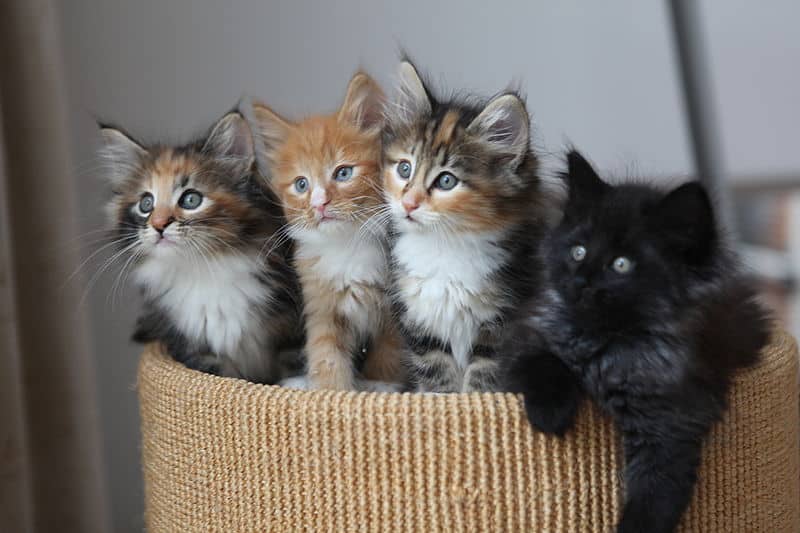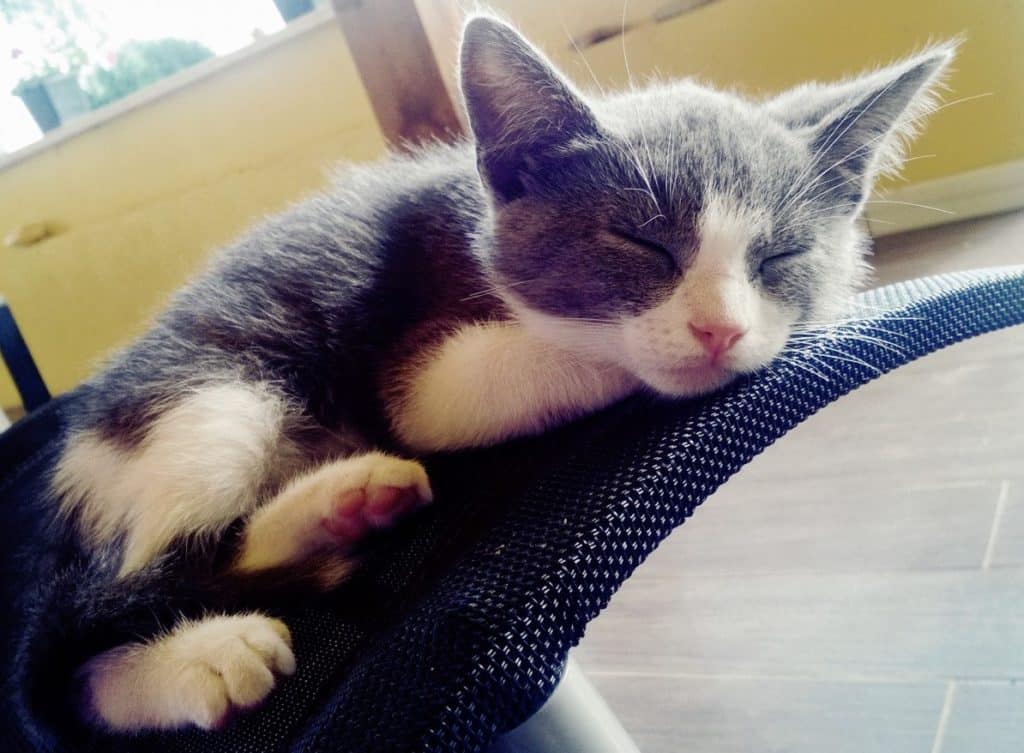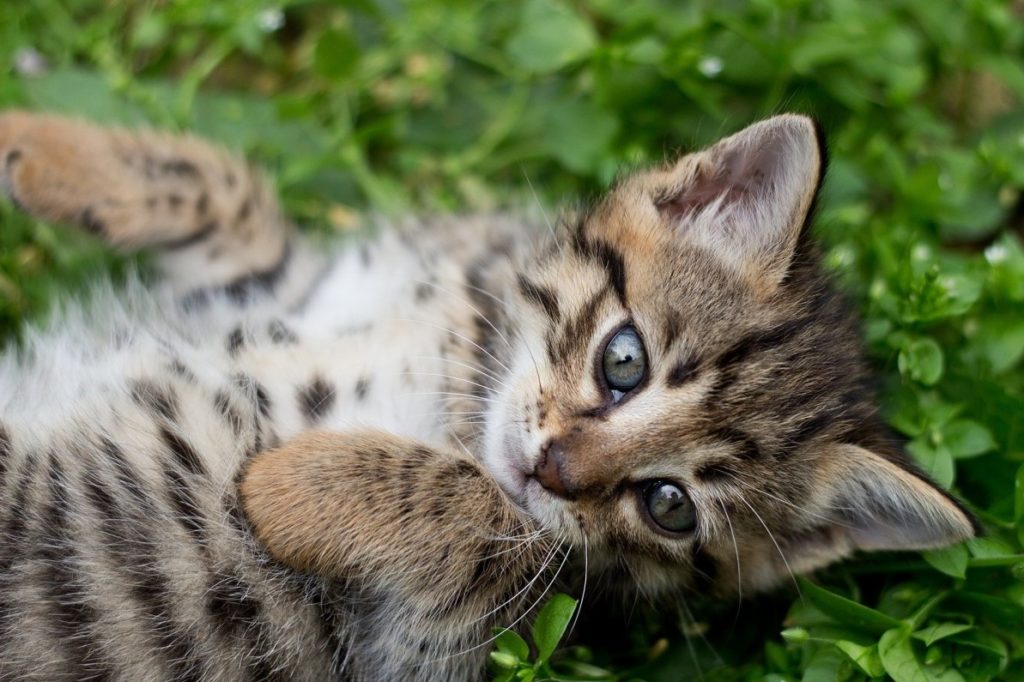Have you ever seen a cat give birth to a litter of kittens? It’s heartwarming to see new life enter this world, especially when pet parents look forward to raising them.
While it’s heartwarming to imagine this prospect, not all pet parents have the resources to take care of their original furbabies and their litter at the same time. This feeling applies to your own cats and those you rescue from the streets. Sometimes, you can only raise so many before their food and funds are stretched thin. There may also be cases where pet parents may not be emotionally capable enough to raise that many furry family members too.
In this case, it’s important to consider giving kittens to the care of other pet parents. Doing so will give these newborns a chance to find loving homes and spread joy.
It’s important to find someone who will love these newborns as much as you do. Close friends or relatives are great choices, but if these options are unavailable, exploring other options might be needed once the kittens mature.
Here are some things to know before giving up your kittens for adoption.
When should kittens be adopted?
The recommended age for giving kittens for adoption is at least 12 to 14 weeks old. It’s better to wait until they’ve grown to this stage because newborns need to depend on their mothers for their growth and protection.
Giving kittens away earlier than this can cause problems for their growth. These can include reclusiveness, poor litterbox habits, and biting and scratching problems. These same problems can also affect kittens separated by their mother from the litter. When this happens, it’s important for you as pet parents to offer them the same care that the kitten will need to grow happily.
To understand why it’s important to wait until 14 weeks, we have to look at what happens during a kitten’s growth during this time.
Crucial moments in your kitten’s growth
Your newborn feline furbabies may take time to grow. This is why pet parents need to be there to watch them at every step. For easy reference, you can mark growth milestones on a timetable to track your kittens’ progress.
For the first 3 weeks of their growth, the litter must stay with their mother for warmth and protection. Ideally, keeping their space at 80F (26C) with a warming pad or a heater can help.
These weeks are a crucial period for their hearing to develop, their eyes to open, and their learning to walk. Once they reach 4 weeks old, kittens should have improved hearing, sight, and mobility. It’s also best for you to spend time with them to get used to human contact.
Spending at least 15 to 40 minutes a day with them can encourage the litter to be more adventurous and curious about the world around them.
At 8 weeks, your kittens should be more energetic and playful. They’ll also be able to eat solids, so it’s best to introduce them to canned food or dry kibble, depending on which one they prefer.
You can also take this time to socialize properly and potty train them too. That way, they can spend the last 4 weeks getting used to living with humans. This will give them an easier time getting used to their new pet parents that will adopt them.
What you should prepare for adopting kittens
Before sending the litter to their new pet parents, it’s best to prepare their vaccinations and boosters to ensure the newborns’ health. You can also have your veterinarian check them for worms and parasites. That way, you can be confident that your furbabies will be healthy when you give them away.
Another thing to prepare for before adoption is the procedure for spaying and neutering. If you don’t have the funds for it, charging an adoption fee can help you pay for the operation before you give your kittens away. Ensuring their health and well-being will be preferable to simply leaving them in a box on the streets for someone else to pick up.
If needed, you can also have your kittens microchipped so that shelters can easily identify them if they’re lost. For those who want to check up on their kittens after adoption, you can also ask for the adopter’s ID and contact info to get in touch with them.
Takeaways
Whether this is your cat’s own litter or that of a rescue that you lovingly took in, the newborns will need a lot of care, attention and resources to grow healthy and strong. Being responsible for your pets means you must be prepared financially, mentally, and physically.
If you don’t have the means to care for that many furbabies, then it’s best to keep them safe until the kittens can be given for adoption. That way, you can at least ensure that willing pet parents can give them a happy and loving home.







Recent Comments